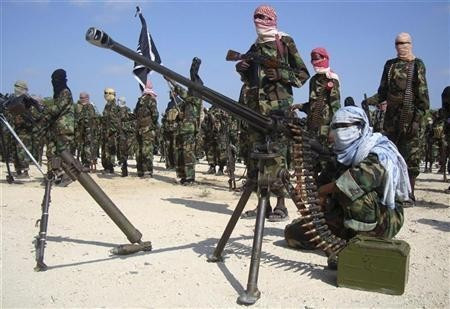Al-Qaida Militants in Somalia Destroy £480,000 in UK Aid

Humanitarian aid supplies worth £480,000 have been looted by al-Qaida-linked militants in Somalia, official documents reveal.
The supplies, which were paid for by the UK taxpayer and stored in warehouses, were stolen by al-Shabaab insurgents in 2011-12 and later believed to have been set ablaze.
The details have emerged from the annual accounts of the Department for International Development (DfID). The DfID did not divulge the specifics of the raids but said that all the materials seized were destroyed.
The department said it received no warning of the theft and could not have prevented it.
The facts have surfaced after a year-long investigation into a series of incidents at multiple locations.
The annual report said £480,000 was written off "following the theft between November 2011 and February 2012 of DfID-funded humanitarian supplies from the offices and warehouses of partner organisations, to which DfID had provided funding to deliver projects and programmes".
A spokesperson for the department said, "DfID works in some of the most dangerous places in the world, including Somalia, because tackling the root causes of poverty and instability there ensures a safer world and a safer UK. Working in conflict-affected and fragile states carries inherent risk."
The theft is likely to increase concern over the coalition's humanitarian aid spending at a time of severe budget cuts in the UK.
Conservative MP Gerald Howarth told the Sunday Telegraph, "There is huge public concern at the relentless increase in overseas aid. Incidents like this, where British taxpayers' money is diverted into people fighting against us, are not acceptable."
The aid budget, the only increasing item in government's expenditure, is due to reach £11bn by 2015 in order to meet the United Nations' target of 0.7% of gross national income.
An unidentified aid industry expert told the daily, "It is surprising that no action was taken, which suggests that, at best, DfID was asleep to the loss of its property and, at worst, that its local partners were colluding with the terrorists."
In 2012, al-Shabaab issued a threat against Britain, saying a coming attack would "eclipse the horrors of 7/7 and 21/7 combined".
© Copyright IBTimes 2025. All rights reserved.




















